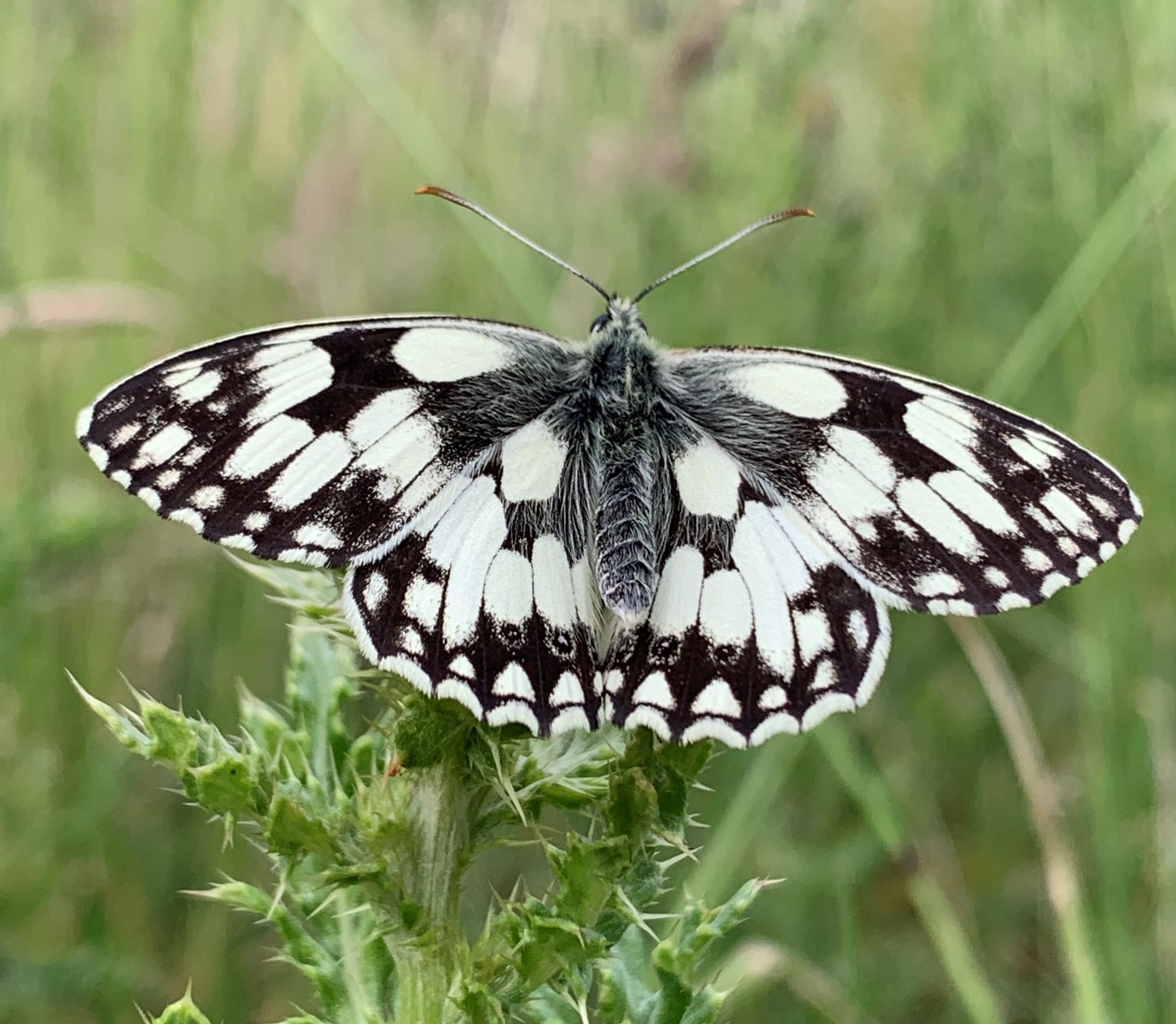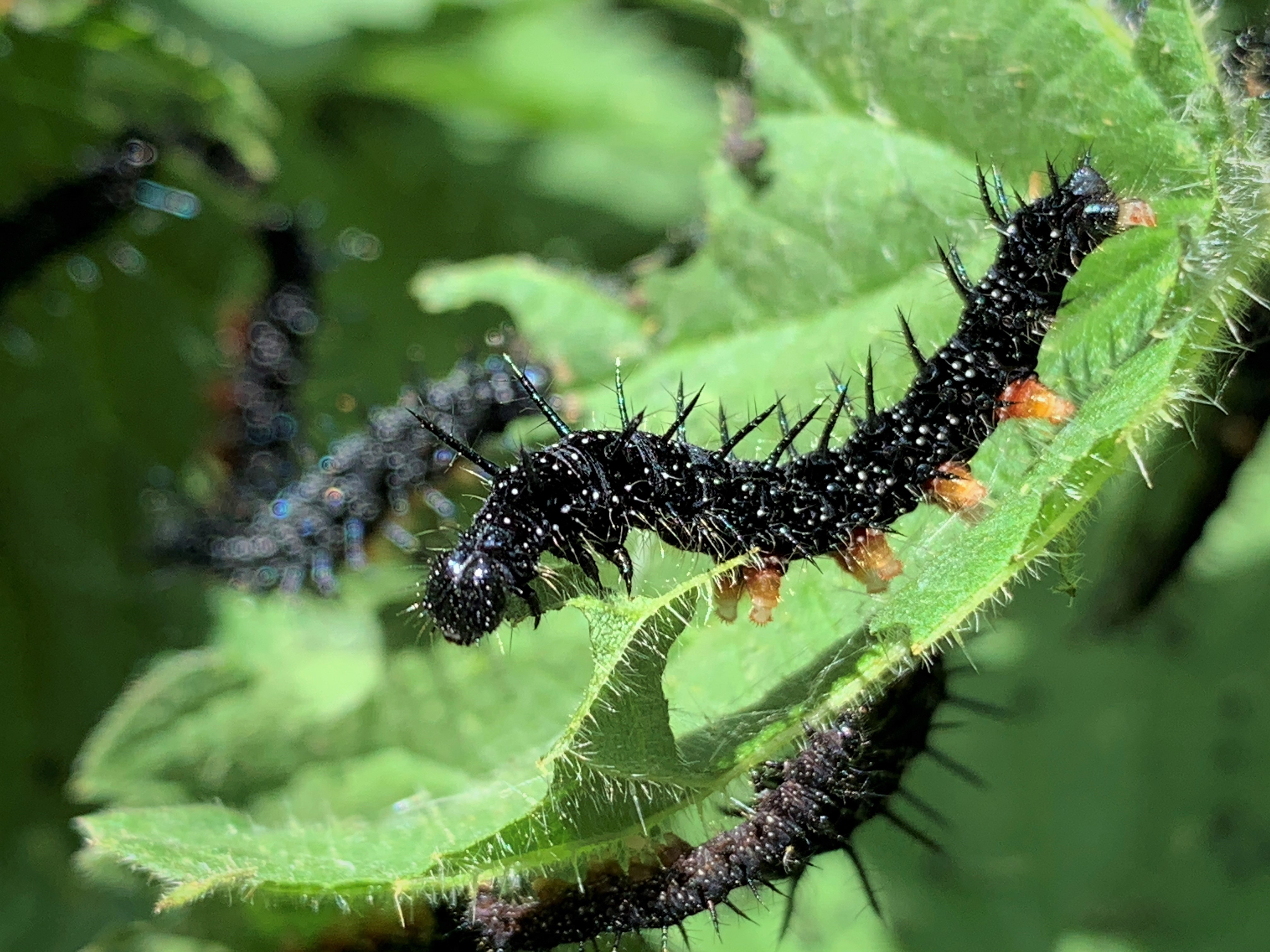News
Estimating the impact of farmland management on invertebrate welfare
In a new project with the Wild Animal Initiative, Ruth Feber and Paul Johnson will explore a model to quanitfy wild insect health and wellbeing.
Wild Animal Welfare news – June 16, 2022 – Written by Amy Klarup:
“In the fields and hedgerows of a working farm five miles from the University of Oxford, millions of insects forage, burrow, mate, fly, and carry out their lives. Activities such as cultivation and harvest can throw them into disarray. For years, University of Oxford Research Fellow Ruth Feber has studied the conservation impacts of agricultural practices on butterflies and moths that inhabit farmland, and now, she plans to leverage her decades of experience to measure welfare in wild insects.
“Butterflies and moths are a fascinating group of insects,” Feber says. “They’re also appealing to people — who doesn’t love the book The Very Hungry Caterpillar? They’re ideal for talking about issues related to invertebrate welfare.”
Though billions of insects live in the world and a growing body of evidence indicates invertebrates may have positive and negative experiences, many questions remain unexplored about insect welfare. Feber’s study — one of seven proposals that Wild Animal Initiative selected in spring 2022 for full funding — aims to address some of those questions. Working with research fellows Paul Johnson and Sandra Baker, Feber will investigate a model for quantifying wild insect health and well-being and use that model to assess the impacts of agricultural practices on caterpillar welfare.
-
 ©G. Riddoch
©G. Riddoch -
 ©G. Riddoch
©G. Riddoch





